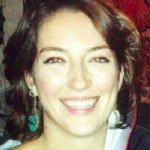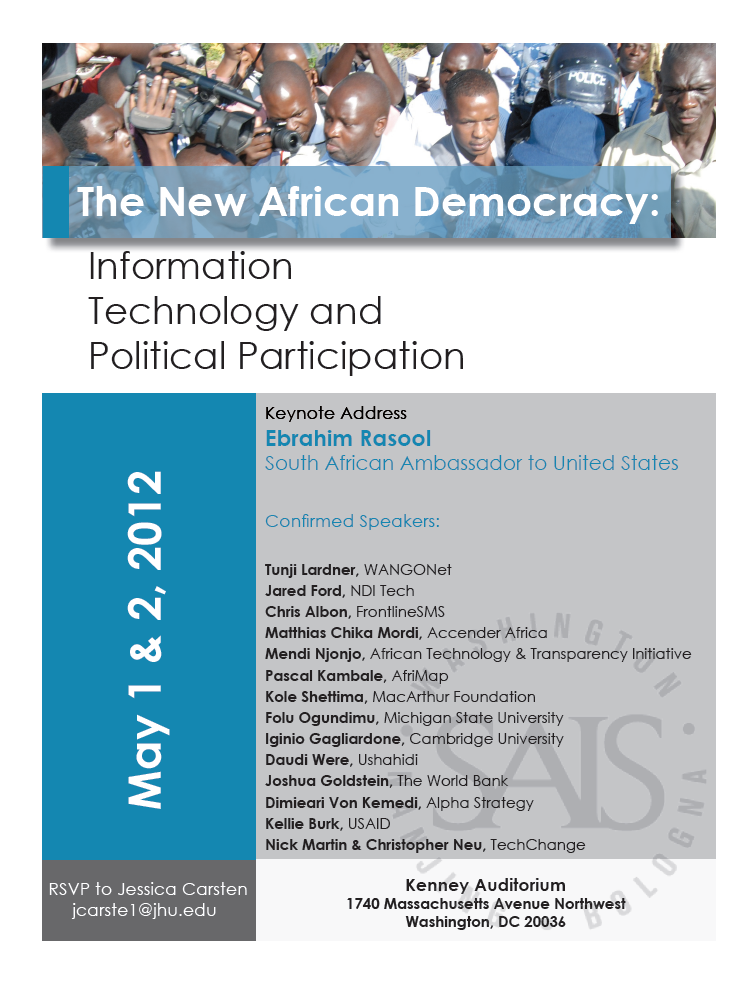By Celestin Nsengiyumva and Ella Duncan
“Rwandan society has suffered the wounds of genocide. To make sure that the heart of the community is healed, to know that there is no more fear in society, we must work in peacebuilding evaluation.”- Celestin Nsengiyumva
When asked how he was introduced to M&E, Celestin Nsengiyumva says that he “joined accidentally”. After graduating university with degrees in applied statistics and development studies, he thought he would become an accountant or statistician. Instead he was accepted for a position as an evaluator. Celestin now describes M&E tools and methodologies as the “cornerstone of success” for peacebuilding programs in his homeland of Rwanda.
Rwanda has achieved stability since its civil war that ended in 1994, but continues to be challenged by its violent past. Celestin advocates for peacebuilding and its measurement, though he faces skepticism from those who say the nation should focus on more tangible things. To peacebuilding skeptics, Celestin counters that building peace creates opportunities for other change. He says “Peace is the building block of economic and social progress”, and believes that M&E is the path to a deeper understanding of what communities need to achieve sustainable peace.
Even before becoming an evaluator, Celestin believed peace and development programs must be contextualized to the needs of the communities they aim to serve. Working on a land dispute program with Landesa Rural Development Institute, Celestin was able to see how DM&E supports that contextualization through program design and learning. Land is a focal point in Rwandan society, and played major roles in the genocide and recurring conflicts the country has experienced. Around this key Rwandan issue of land, Celestin was able to be a part of the program from the very beginning. This involvement allowed him to collaborate with local partners and get feedback from partners and participants as he developed his M&E tools. By being involved and able to incorporate community needs and perspective from the beginning, Celestin believes he helped the program reach a better result, with meaning and relevance for participant communities.
As a method to achieve depth and contextualized understanding, Celestin uses and recommends storytelling as a tool to answer the questions of “How?” and “Why?” With Landesa, Celestin and his team used storytelling to collect feedback and success stories, adding personal elements to data. When communicating back their participant communities, showcasing stories of disputes the Landesa program resolved strengthened the presentation of the program’s value back to the community. And sharing practical examples and solutions to land conflict helped spread the program’s messages.
Celestin draws not only on his experience as an evaluator, but also three years he spent as a teacher for his guidelines on how to collect and tell a good story. For him the value of a story that it can be both instructive and engaging, so that the audience doesn’t only learn but also cares, and is able to draw parallels to their own challenges and strengths.
Celestin’s Guidelines for Collecting and Telling a Good Story in Evaluation:
- Know what kind of story you need;
- Prepare the questions you will ask, use the structure as a balancing tool to be open to unexpected statements and still stay on task;
- Focus on using the story to identify the most significant change resulting from the storyteller being exposed to programming;
- Do not get hung up on only looking for successes, collect stories on what isn’t working and what is slowing processes;
- Ask for stories that include not only individual beneficiary experiences but also capture how those around them are affected.
The growth of Peacebuilding M&E in Rwanda depends on individuals like Celestin, who come to value and advocate for contextualized and reflective practice. Celestin’s hope is that there will be more opportunities in Rwanda to study M&E, so that stronger local evaluators can emerge and bring local insight to peacebuilding programs. Stories like Celestin’s will be repeated as peacebuilders are asked to expand their skills and roles, learning by doing, to learn what works, what doesn’t, and why.

Celestin Nsengiyumva is an M&E professional living and working in Kigali, Rwanda. Celestin received his BA in Applied Statistics from the National University of Rwanda.

Ella Duncan is the DME for Peace Project Manager, DME for Peace is a project of Search for Common Ground which connects a growing global community of over 4,000 members to over 800 resources on Design, Monitoring, and Evaluation for Peace and Peacebuilding programming. Ella received her B.S. from Cornell University.
This post originally appeared on DME for peace.
Featured image credit: Neil Palmer (CIAT) Creative Commons License



